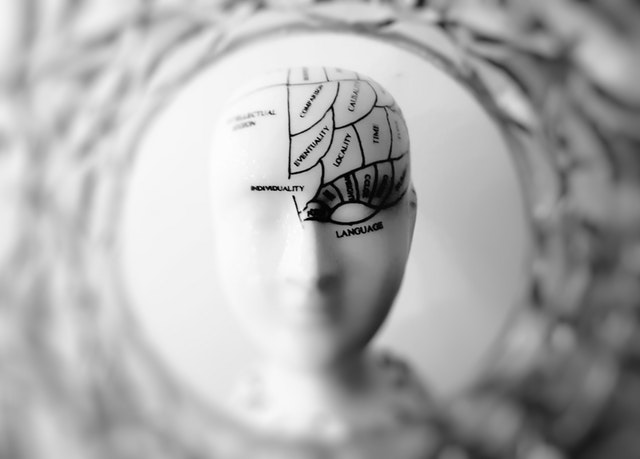In my previous blog posts, I have shed some light on dementia and Alzheimer’s before. I have shed light some light on another type of dementia called frontotemporal dementia (FTD). I have even discussed the possibility of coconut oil being a potential source of treatment. But I haven’t really examined what life is like for people battling dementia. What is life truly like in their struggle as they live with this disease? In this post, I’m going to take the time to analyze the life and mind of a dementia patient.

A person with normal brain health feels lost and confused sometimes. But a person with dementia has to deal with this more often. When they become angry or sad, they’re unlikely able to tell you why they feel this way. When they do things that may seem a bit strange from their usual personality, they’re likely unable to explain their actions. This is a feeling of the brain becoming confused. This is a feeling of the brain losing a sense of awareness.
A person with normal brain health is capable of controlling their emotions. But a person with dementia cannot. This sickness will make them become a shell of their former self. They’re unable to control how angry they become. They’re unable to control how frustrated they become. But even more sadly, they’re unable to laugh, smile and have fun often. You have to kind of interject that action into them. What a cruel disease we have to deal with.
However, like the old saying goes, “with every cloud comes a silver lining.” There are days when a person with this condition does start to show old “glimmers” of their former personality. Everyone with dementia is different. What that means is one person may have problems with having a conversation and another person may have a different common problem such as forgetting things quickly. Whatever the degree of how dementia affects a person, it is still a painful deterioration of the brain. So how should we caretakers and loved ones help them? Well, we should be there for them. We should realize these unusual changes in their personality are caused by this disease. Be patient and sympathetic in any way that you can. That’s what I will strive to do for my own loved one and I hope you will do the same. For more information on FTD, Alzheimer’s and dementia in general, visit www.alzheimersresearchuk.org, www.alz.org or www.theaftd.org.

